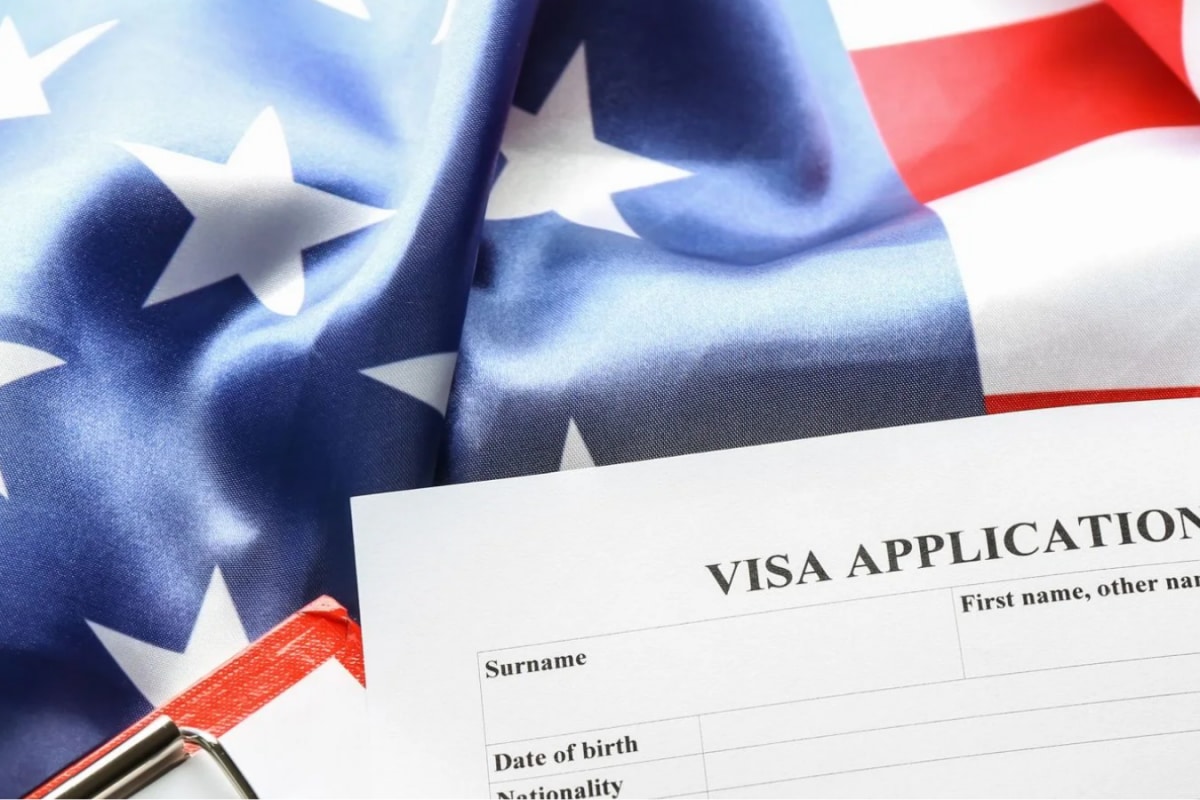

After a near five-year suspension following the Taliban’s ascent to power in August 2021, India has resumed granting visas to Afghan nationals, signaling a notable shift in its approach to the country. While there has been no formal public announcement, a new online visa module for Afghans was rolled out in late April, marking the beginning of this renewed engagement. This move comes after India suspended all visa services and shut down its embassies and consulates in Afghanistan due to security concerns.
The Indian government's official visa portal, indianvisaonline.gov.in, now features a "New AFGHAN Visa" module, offering several categories of visas to Afghan citizens. These include visas for students, business people, those seeking medical treatment, medical attendants, those entering for cultural events or family visits, and UN diplomats. This reopening of visa services aims to facilitate travel for various purposes, addressing the needs of Afghan nationals seeking opportunities in India for education, business, healthcare, and cultural exchange.
Under the "business" category, the scope has been broadened to include investors, entrepreneurs, and professionals intending to establish industrial or commercial ventures in India. It now also encompasses sportspersons and coaches under contract for commercial sports events, as well as those who require frequent travel for long-term business activities. The "entry visa" category has been expanded to include artists, academics, and cultural professionals invited by recognized Indian institutions, as well as family members of Indian citizens or Overseas Citizens of India (OCI) cardholders. Additionally, Afghans who own property in India, dependent parents of students pursuing higher education in India, and parents of students under 18 years of age are also eligible for entry visas.
To apply for a visa, Afghan nationals must submit their applications online, along with the Afghan National Identity Card (Tazkira), which includes essential personal details such as name, date of birth, nationality, and expiry date. Depending on the visa category, applicants may also need to provide additional supporting documents, such as business cards and invitation letters for business visas, all of which must be in English.
While India has not officially recognized the Taliban regime, this resumption of visa services indicates a willingness to engage with Afghanistan and support its citizens. Preference is expected to be given to those seeking medical visas, reflecting India's commitment to providing humanitarian assistance. This move also follows recent diplomatic efforts, including discussions between Indian and Taliban officials regarding the facilitation of Afghan students and patients traveling to India.
Previously, in the immediate aftermath of the Taliban takeover, India introduced an "e-Emergency X-Miscellaneous visa," primarily to assist members of the Hindu and Sikh communities seeking to flee Afghanistan. However, this visa program has now been discontinued in favor of the new, more comprehensive visa model.
The decision to resume visa services for Afghan nationals reflects a nuanced approach by India, balancing security concerns with the need to maintain people-to-people connections and provide support to the Afghan population. This move is expected to facilitate educational opportunities, healthcare access, and business collaborations, contributing to stronger ties between the two countries.